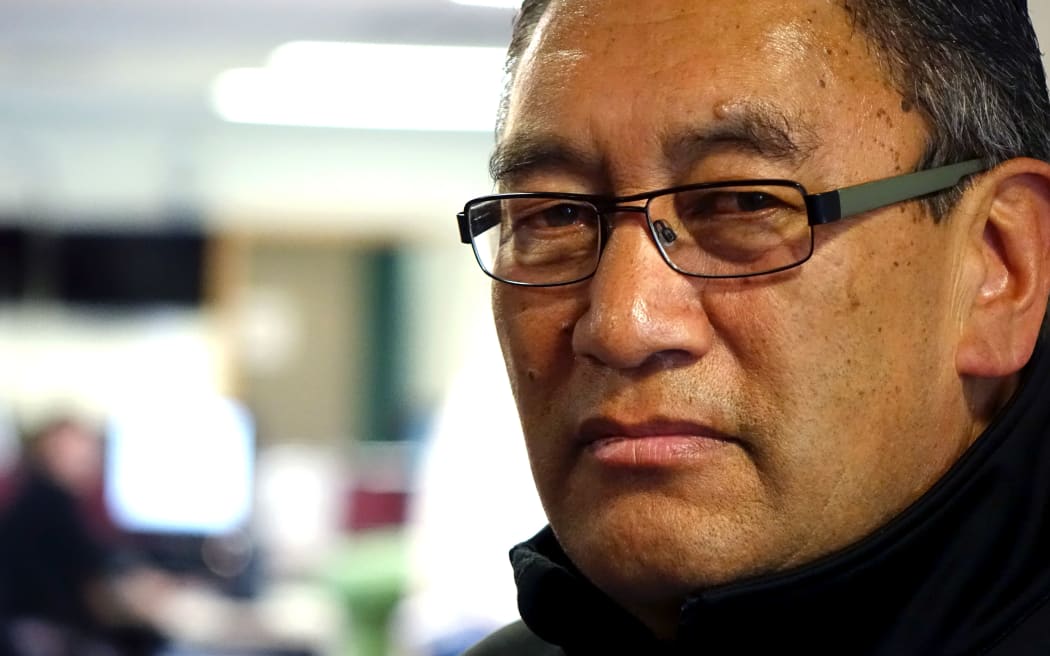Legalising nicotine e-cigarettes will replace one addiction with another, long time anti-smoking campaigner Hone Harawira says.

Hone Harawira said the government was sliding on its obligation to solve the smoking problem in this country. Photo: RNZ / Kim Baker Wilson
The government announced the plan yesterday, saying vaping was less harmful than smoking cigarettes.
But Mr Harawira, the Mana Party leader, said the government was simply jumping on the latest fad.
"I don't think that e-cigarettes are going to address the real problem because all you're going to do is change people from being addicted to cigarettes, to being addicted to these e-cigarettes.
"I don't think that's a particularly intelligent move."
Tobacco companies Philip Morris and British American Tobacco are supportive of the new e-cigarette laws.
British American Tobacco, which has interests in the e-cigarette market, said there was a growing body of evidence that supported the role vaping products had in offering smokers a potentially less harmful alternative to smoking tobacco.
"We also support regulation that is evidence-based and emphasis placed on ensuring that the devices, liquids and ingredients sold in New Zealand are of the highest standard in terms of quality and safety," it said in a statement.
"BAT sells vaping products in other countries around the world and intends to do so in New Zealand. However it is difficult to say what impact the changes might have on our business until we see the final regulations. "
Mr Harawira said in legalising the sale of nicotine e-cigarettes the government was letting tobacco companies off the hook.
"I think they're sliding on their obligations to hit tobacco, to solve the smoking problem in this country."
Rebecca Ruwhiu-Collins, founder of Vape 2 Save, which helps people to quit tobacco smoking and switch to vaping, said people were able to stop smoking quickly, and were saving money.
"The amount of money they started saving was really helping them and their families buy food, pay bills, rent," she said.
Professor Janet Hoek, from research group Aspire 2025 at the University of Otago, was not convinced that vaping was a cure-all for smoking.
"It's really crucial that we don't think e-cigarettes are going to be the silver bullet," she said.
"There isn't any evidence that liberalising e-cigarettes leads to radical drops in smoking prevalence.
"That's not what's happened in the UK."
Prof Hoek said she was less cautious about vaping than in the past, but wanted to see a lot more research and monitoring of e-cigarettes.




